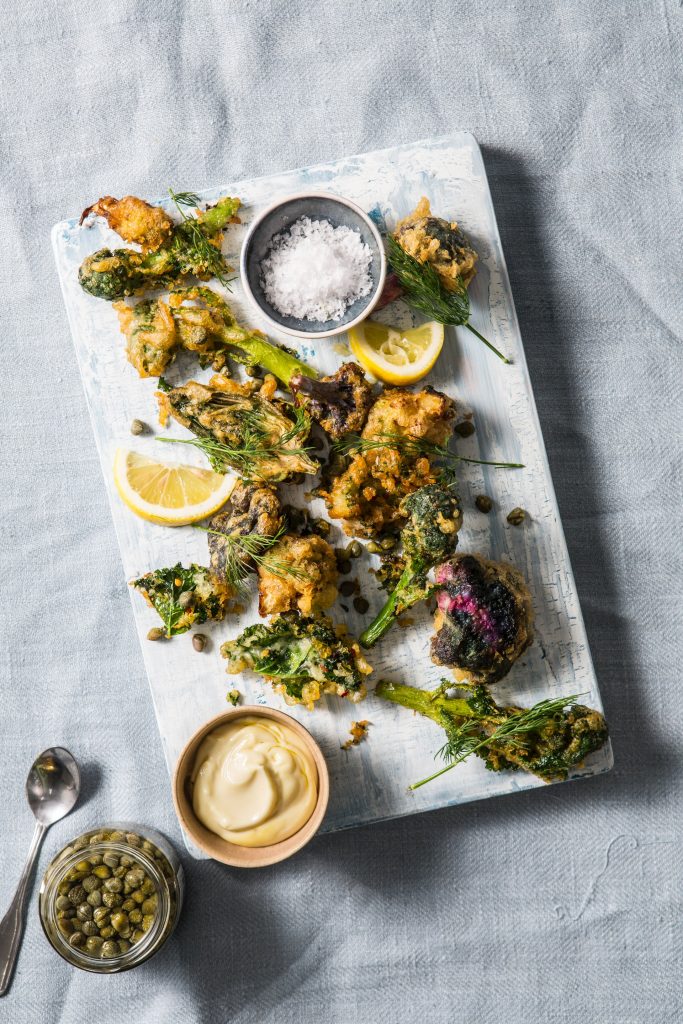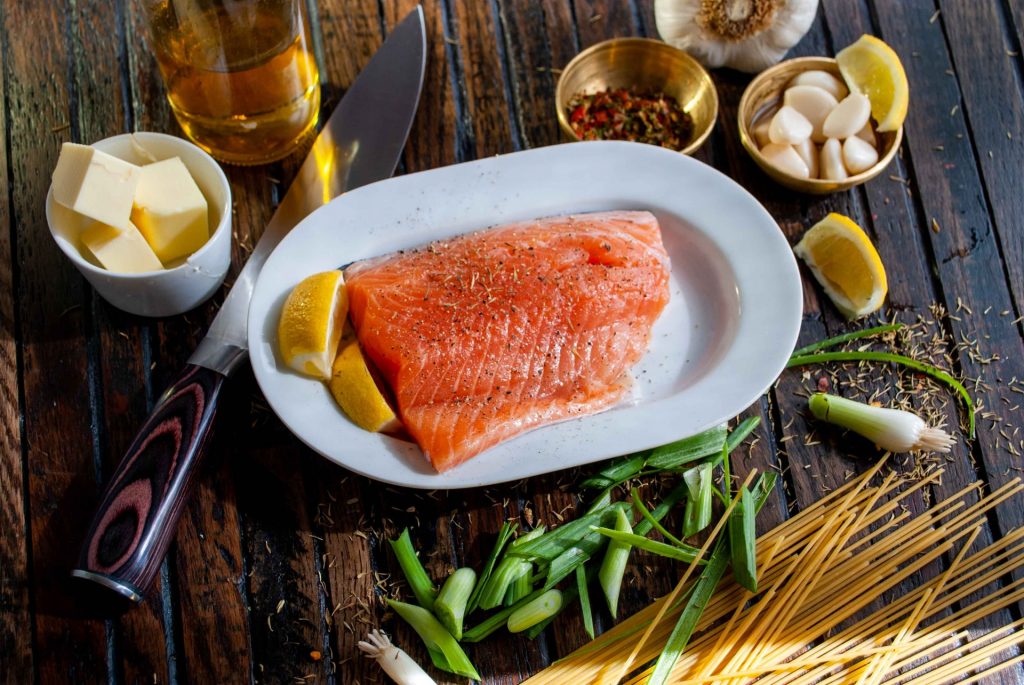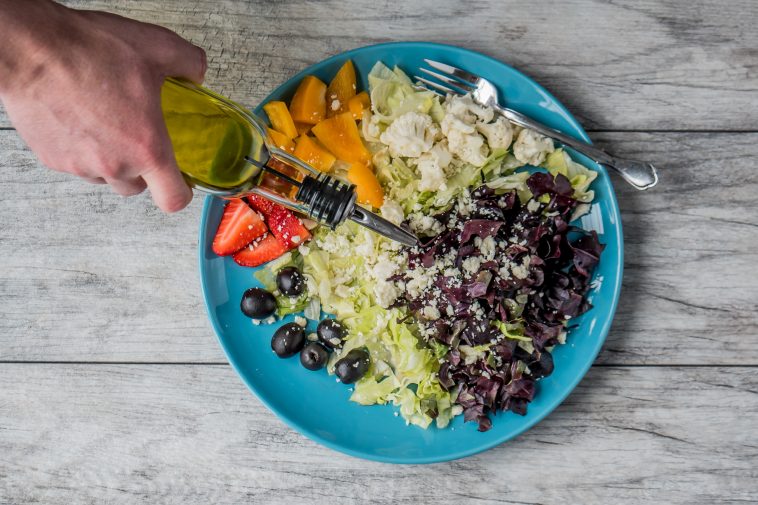If there’s one thing we learned in this pandemic, it’s that a well-balanced diet is a must for strong immunity. With the COVID-19 looking like it’s going to be here for long, here are some WHO-endorsed ways to ensure your well-protected against diseases through proper diet.
Drink plenty of water and avoid sweetened drinks.

Water is important for transporting essential vitamins and nutrients in the body and regulating body processes. Replace sweetened drinks and juices with water, or water with lemon juice. You can also drink freshly squeezed juice (without syrup). For coffee or tea, replace sugar with honey.
The WHO recommends a daily intake of 8 to 10 glasses (250 ml per glass) of water per adult.
Stay away from processed foods.

Canned goods and other easy-to-cook and ready-to-eat meals are quite handy in a time when movement is restricted, but consuming them daily also has adverse health effects. Not only are many processed and ready-to-eat commodities brimming with sodium, a lot of them carry little nutritional value too and are even linked to cancer .
If you really should, choose canned goods that have little to no added sodium or sugar. Opt for cooking meals when you can and eating fresh foods instead such as fruits, leafy greens, nuts, and whole grains, as well as lean meat like fish, which is rich in Omega-3 fatty acids (good for the heart).
The WHO recommends a daily diet consisting of 2 cups of fruit, 2.5 cups of vegetables, and grains. They also recommend eating only poultry a maximum of three times weekly and red meat like beef and pork two times weekly.
Choose homemade over fast food.

Since the introduction of fast food in the 1940s, scientists have noted a sharp increase in diabetes, cardiovascular diseases, and obesity around the world. This is often correlated to the poor nutritional value of fast food, as well as the additives, high levels of sugar, fast, and carbohydrates found in dishes served in these joints.
To prevent illnesses, nutritionists recommend making your own dishes and creating healthy, easy-to-make snacks at home. This way, you are sure of the quality and freshness of food you consume, and you can control the amount of sugar and salt in every dish.
As well, dining at home helps reduce the risk of contracting COVID-19 from surfaces and interactions with fellow diners.
Limit sugar and salt intake.

Some sugar and salt is needed for the body to refuel and function well, but be careful not to exceed the daily allowance. WHO recommends only about a teaspoon (or 5 grams) of salt per day. When eating pre-packed snacks or ready-made food, be sure to check the label for sodium content. And again, use healthy alternatives like plain yogurt and fruits for snacks instead of junk food and cakes or cookies, and water and fresh, unsweetened juices instead of sodas, fruit juice concentrates, and other sweetened drinks.
Choose unsaturated over saturated fats.

Not all fats are created equal. There are those that health experts call bad fat, or saturated fats. These fats are often linked to an increased risk for heart disease, as they can block the arteries. They are normally found in carb-rich foods, processed meats, coconut oil, fast food, fried foods, pizzas, pies, margarines, and most desserts like cookies and cakes.
On the other hand, there are fats that experts call good fats – unsaturated fats. These healthy fats can be found in fish, nuts, and avocado, and are vital for keeping your heart healthy.
To keep your fat intake in check, medical experts recommend limiting saturated fats to only 10 percent of your total caloric intake and eating white meat (like chicken and fish) instead of red meat. When using dairy, opt for low-fat versions. Avoid butter, cheese, cream. Instead of using coconut oil, palm oil, or palm kernel oil for cooking – all of which have high levels of bad cholesterol – use olive oil, soy oil, canola oil, sunflower oil, or corn oil.




